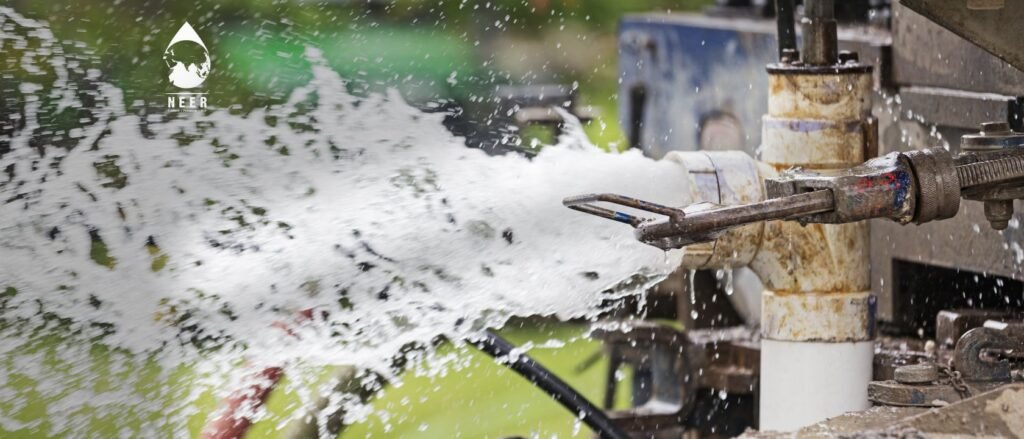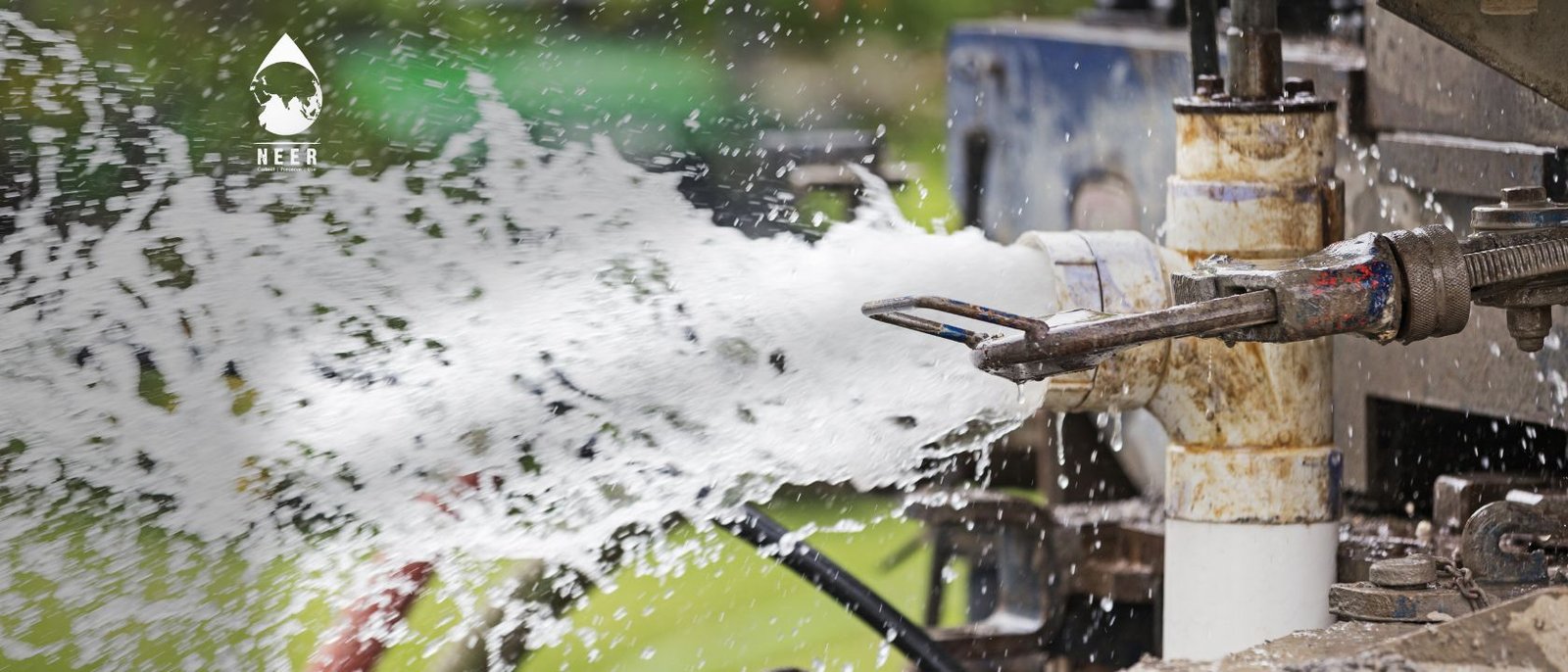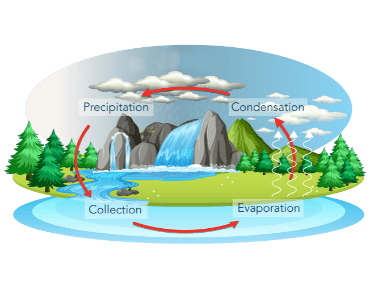
By: admin
Quick Tips for Groundwater Clearance
For projects requiring groundwater extraction, securing groundwater clearance is a critical first step. Maintaining compliance with rules and making effective use of resources can be challenging. These brief pointers should assist you in properly and quickly negotiating the groundwater clearance process.
1. Know your legal obligations.
Learn the local, state, and federal rules controlling groundwater use before beginning your application. Every area may have particular policies and criteria; hence, it is imperative to know these completely to prevent delays or rejections.
2. Perform thorough hydrogeological research.
Understanding the groundwater conditions in your project area. This study should cover groundwater levels, quality, recharge rates, and potential extraction effects. Precise and thorough knowledge will assist you in applying and demonstrating your commitment to sustainable groundwater use.
3. Prepare a comprehensive impact assessment report.
Your application should include an impact assessment report detailing the possible consequences of groundwater extraction on the surrounding area. This paper should address issues such as potential contamination hazards, variations in the water table, and effects on surrounding wells. A properly written report will greatly enhance your application.
4. Seek advice from authorities.
Hydrogeologists or groundwater consultants will provide insightful analysis and direction throughout the clearance process. These professionals can assist you in preparing the required documentation, conducting research, and ensuring regulatory compliance.

5. Create a sustainable groundwater management strategy five years from now.
Showing a dedication to sustainable groundwater management will strengthen your application. Plan actions to reduce water waste, replenish groundwater, and regularly monitor water quality, including ways to emphasize your efforts toward sustainability, which will assist decision-makers.
6. Communicate openly with authorities.
Throughout the clearance process, keep open lines of communication with the regulatory authorities. Consistent updates and prompt responses to any questions or requests for additional information can simplify the approval process. Cooperation and openness help to establish confidence and ease application processes.
7. Verify correct and thorough documentation.
Applications for groundwater clearance frequently face delays due to incomplete or erroneous documentation. Verify every form, report, and supporting documentation to be sure they are error-free and whole. Offering all necessary information upfront helps to avoid needless government back-and-forth.
8. Prepare for post-clearance compliance.
Groundwater clearance still requires work. Plan for continuous compliance with regard to monitoring and reporting requirements. Monitor groundwater levels, quality, and usage frequently to ensure adherence to your clearance conditions. By being proactive about compliance, one can avoid later problems and maintain a great reputation with authorities.
In summary
Although negotiating the groundwater clearance process can be difficult, with the correct strategy, you will be able to properly handle it. You increase your chances of getting clearance by knowing your legal obligations, doing extensive research, and keeping open contact with authorities. To support a strong application, make sustainability and accuracy top priorities in your documentation.
ABOUT NEER
NEER has been established as an Independent Ground Water Management Consultancy Organization with the full support of the Senior Hydro-geologist of the country Mr. M. MEHTA, Ex-Commissioner Ground Water, Ministry of Water Resources, Government of India.
NEER is an Accredited Consultant by the Central Ground Water Authority (CGWA) for the preparation of Ground Water withdrawal Impact Assessment report in accordance with the Guidelines issued vide notification No. 3289(E) dt: 24th September 2020 by CGWA duly followed by other States. NEER is also empaneled, registered and notified Consultant for Rainwater Harvesting designing and implementation by the U.P. government.
AIMS AND OBJECTIVES:
NEER has joined in this endeavor to provide clean water to masses around the year, propagating for conservation and preservation of water including Rainwater Harvesting and Artificial Recharge to groundwater. This is being a part of the water management process to fulfill the dreams of NEER, “Water should be Conserved and Wastage Prevented” and “Everybody should get the needed water being the crux of Life”.
NEER EXPERIENCE:
NEER is working in the field of groundwater management, intending to provide robust consultancy services to Government Departments, Firms, Companies – Private and Public Sector, Institutions, on the Assessment and Management of Water, Environment, and Pollution Control.) Industries, Infrastructures and Mining Projects to meet their water supply requirements as per existing protocols. It also aims at capacity building of stakeholders in Groundwater Investigations and its Management.
We work on NO-COMPROMISE POLICY. Our team members have conducted studies on Environment and Water Management throughout the country and abroad.
NEER has already executed many applied Research and Implementation Projects. Timeliness and Client satisfaction are the essences of this organization’s consultancy philosophy.
NEER APPROACH:
NEER has multi-disciplinary human resources for providing on-site solutions for all groundwater problems. It includes training on Groundwater issues through a well-developed curriculum by Scientists and Trainers.
The Research and Consultancy assignments are being carried out by experts in different fields with long and wide-ranging experience. NEER is also drawing on the expertise in relevant subject matters from the experts of Academic and Research Institutions of National and International repute. Follow us on Facebook & Instagram.


